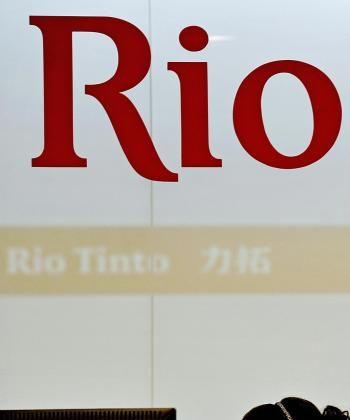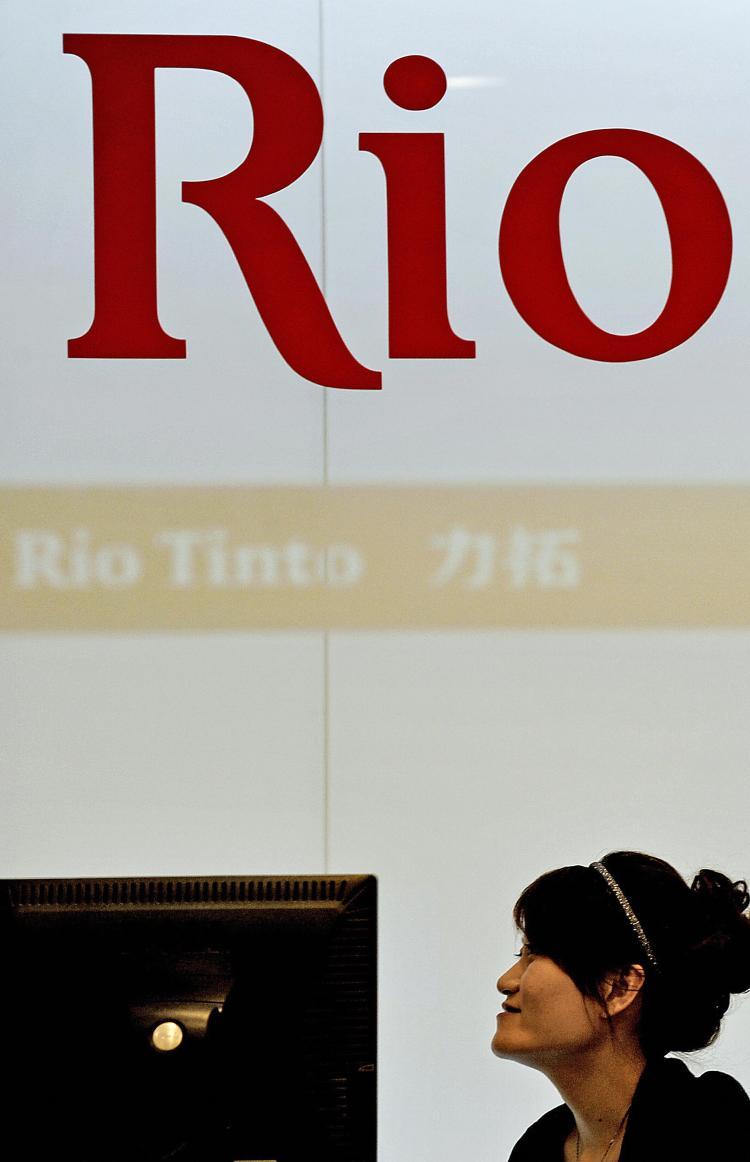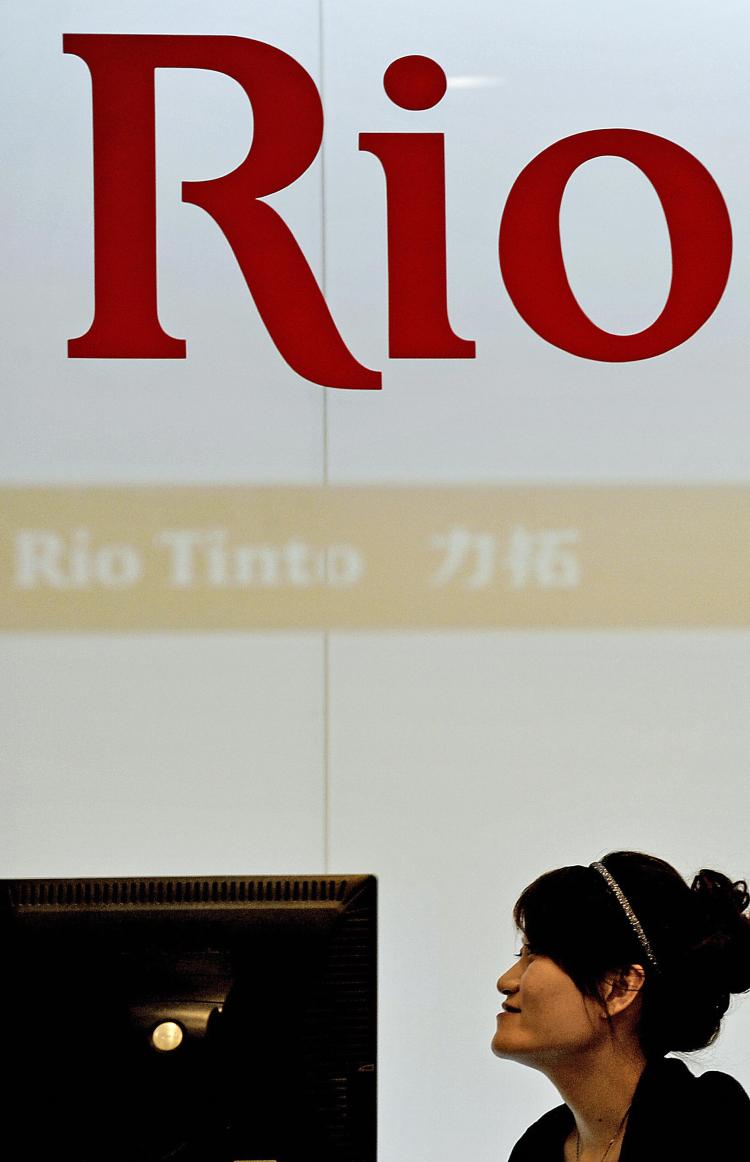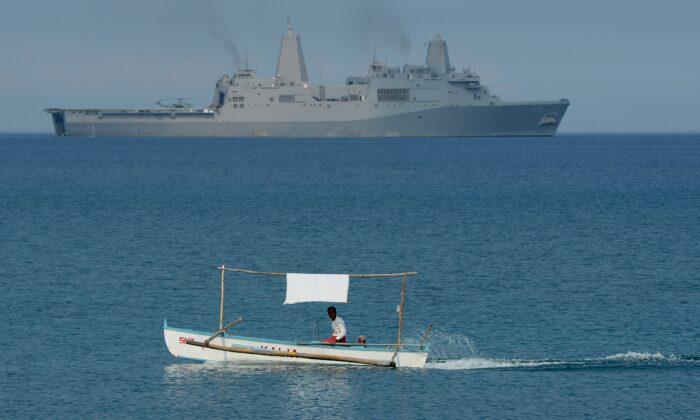Stern Hu and three colleagues Liu Caikui, Ge Minqiang, and Wang Yong have been accused of using “improper means to obtain commercial secrets” about China’s steel businesses, said state run media Xinhua.
The four were detained on July 5 and have been held in a Shanghai detention center following accusations of bribery and espionage, the latter charge bringing a life sentence in China.
The lesser charges come as a relief to Rio, whose iron ore executive, Sam Walsh, said, “The charges have been downgraded and I think that reflects what we’ve been saying all along that we don’t in fact believe that there’s any evidence of wrongdoing. We believe that we have a code of conduct and that our employees have followed that.”
The downgrade of the accusations made by the Chinese authorities however does not reassure the international business community about what is acceptable or not in commercial dealings with China.
Reinterpretation of the Rules
Chris Nailer, a specialist in international business at Australia National University (ANU) says, Mr. Hu’s arrest represents a reinterpretation of the rules, something that goes with the territory in China and can work in favour of a foreign business—or against depending on the individual business and the prevailing economic conditions.
“My experience working with [foreign] executives in China is that it is unclear what the reaction is going to be and sometimes they get varying answers from Chinese officials.
“When things go smoothly gray areas will be interpreted in your favor because they want to do a deal with you,” he said.
When the stakes are high, as in the Rio case where iron ore is a commodity fundamental to the Chinese economy, things can change in the opposite direction.
“What can happen, however, is that when things become very sensitive or if there is some hint that things are not going well, then that grayness can be interpreted against you. So the boundary between what is allowed one day and what is allowed on another day can shift quite significantly,” he said.
Mr. Nailer said business executives would be watching closely to see how Chinese authorities substantiate their claims.
“If it appears that there has been some kind of capricious decision making on the Chinese side, then this will send a negative message to foreign investors,” he said.
Inflammatory Reporting Backfires
A report published earlier in the week by China’s National Administration for the Protection of State Secrets, accused Rio Tinto of spying and extorting over AUS$120 billion from China in the last six years.
The report dismayed international analysts, not only for its Cold War rhetoric but also for the figures cited which were highly suspect given that the $120 billion is far greater than Rio’s total iron ore sales to China over the same period.
China’s authorities have since rushed to cover up the report, removing it from the security watchdog’s website and distancing themselves with disclaimers in Communist Party media organs saying that the report was compiled by a mid ranking official and was not backed up by evidence.
The dismissals are ironic considering that The National Administration for the Protection of State Secrets is the body whose role it is to decide on the central issue of the Rio arrests—what is and is not a state secret in China.
While efforts to inflame the case domestically have been played down by Chinese officials, there was no holding back in Hong Kong where pro-Beijing newspaper, Wen Wei Po, reported that Stern Hu had “ improperly acquired” a number of villas each worth 100 million yuan (A$17million).
Ron Gosbee, a former colleague of Mr. Hu when both had worked at Australian technology company AWA and now a close family friend, said he found it “almost impossible” that Stern Hu would have such acquisitions or that he had been involved in any wrongdoing.
“I would trust the guy with my life and I do. He is very cautious, very astute, knows what is happening around him. I find it highly unlikely,” he told The Epoch Times.
Mr. Gosbee, who continues to do business with China for company Interscan, said information about the Hu case in China is getting out of hand.
“A friend has just come back from China and the word on the street is that Stern was bribing the Australian companies to keep the iron ore price up. Total misinformation,” he said.
Australian consular officials in Shanghai have visited Stern Hu in detention for the second time since his arrest and report that he is well.
According to the ABC, Mr. Hu’s wife, Julie, has also been allowed to exchange letters with her husband and now hopes to be able to speak to him in jail.






